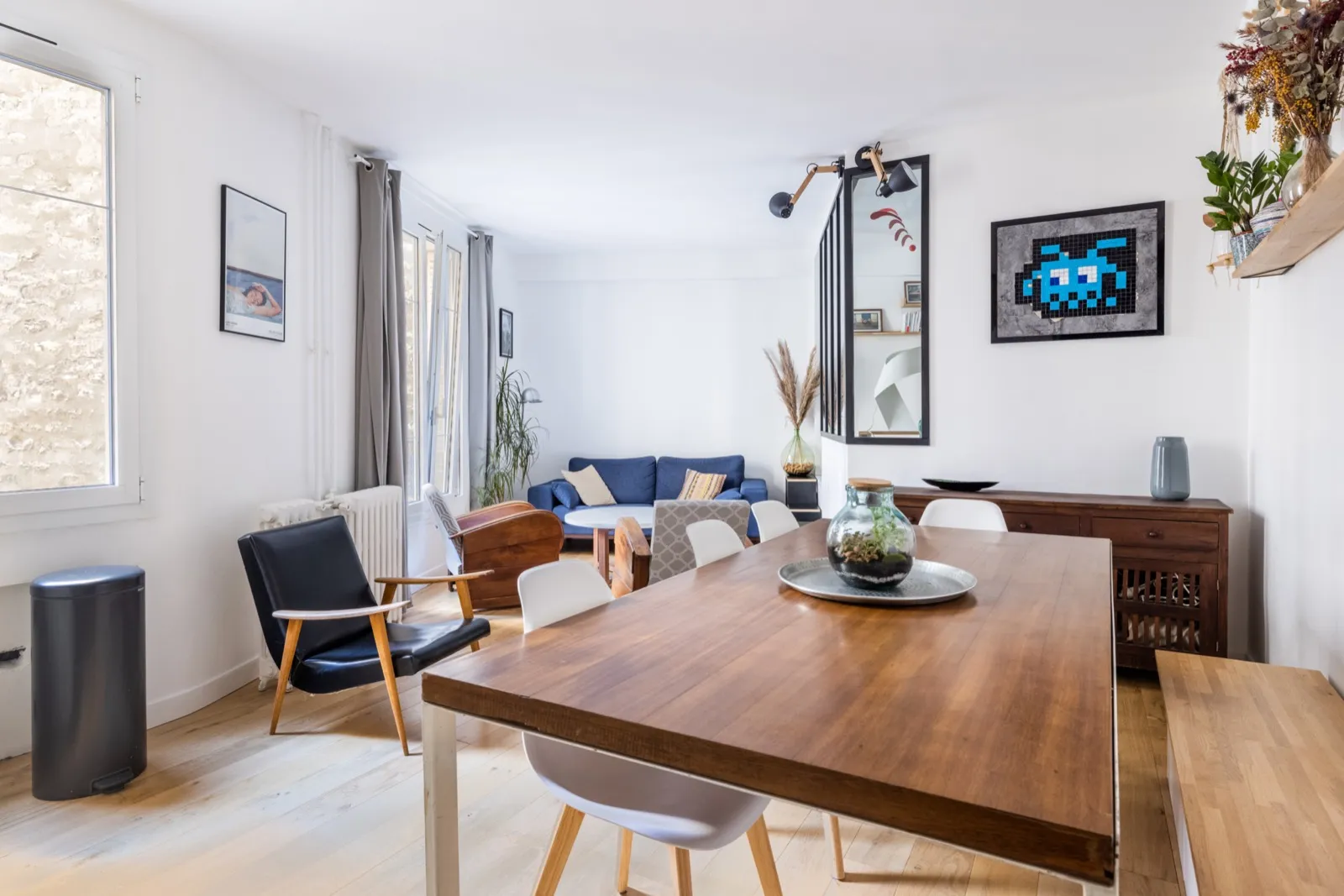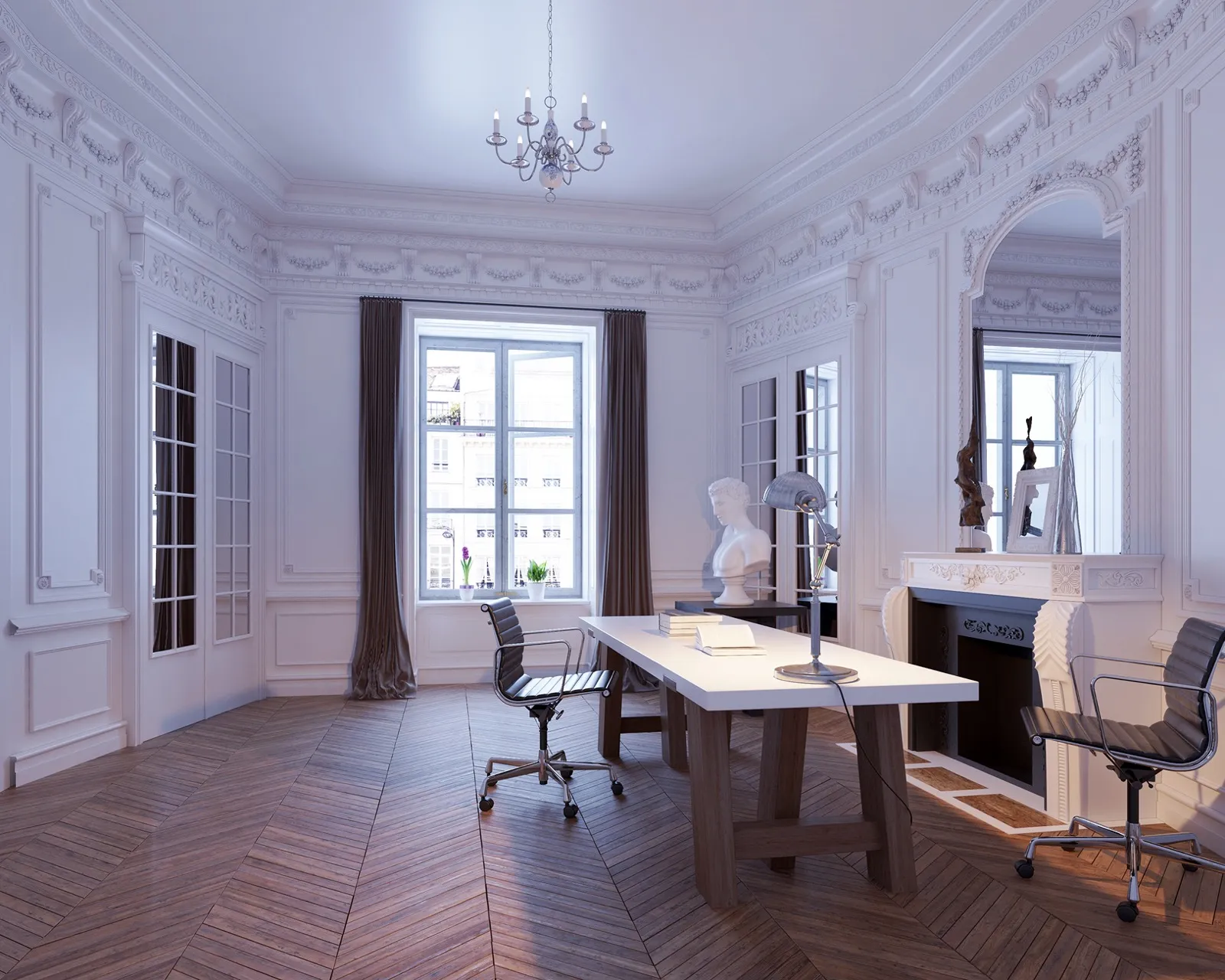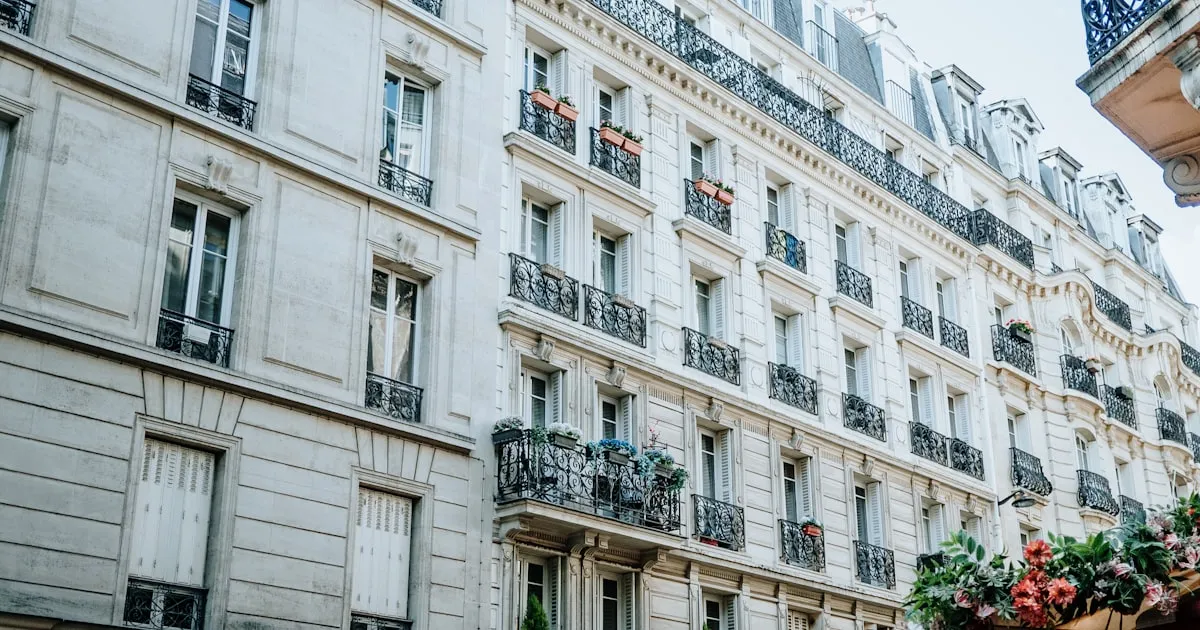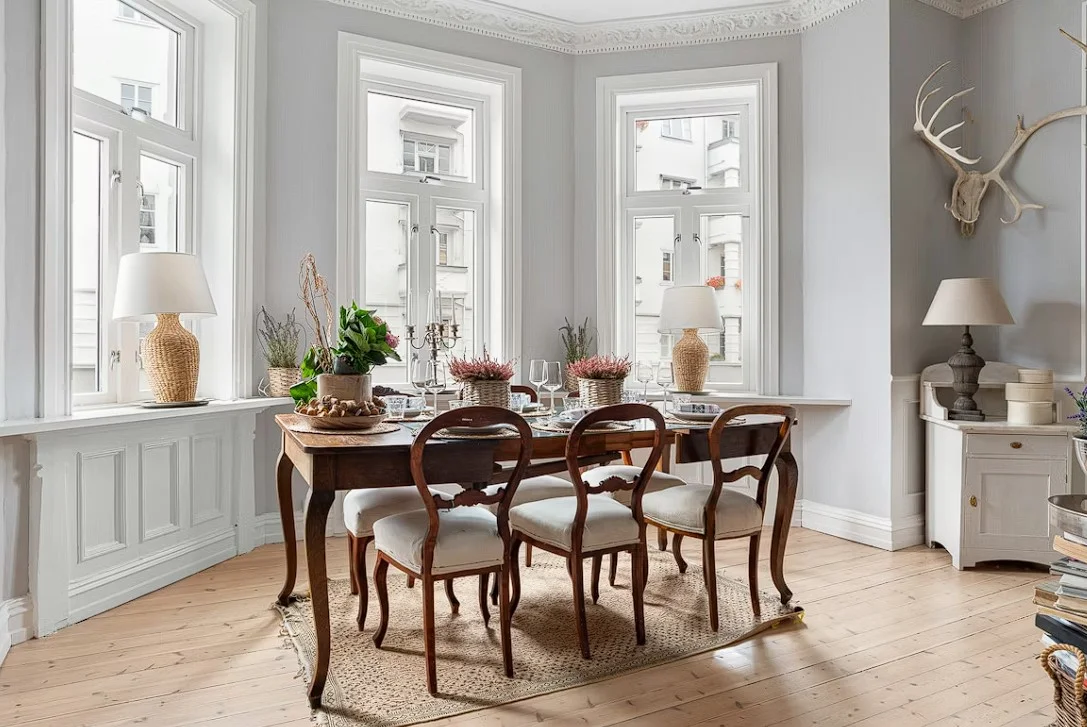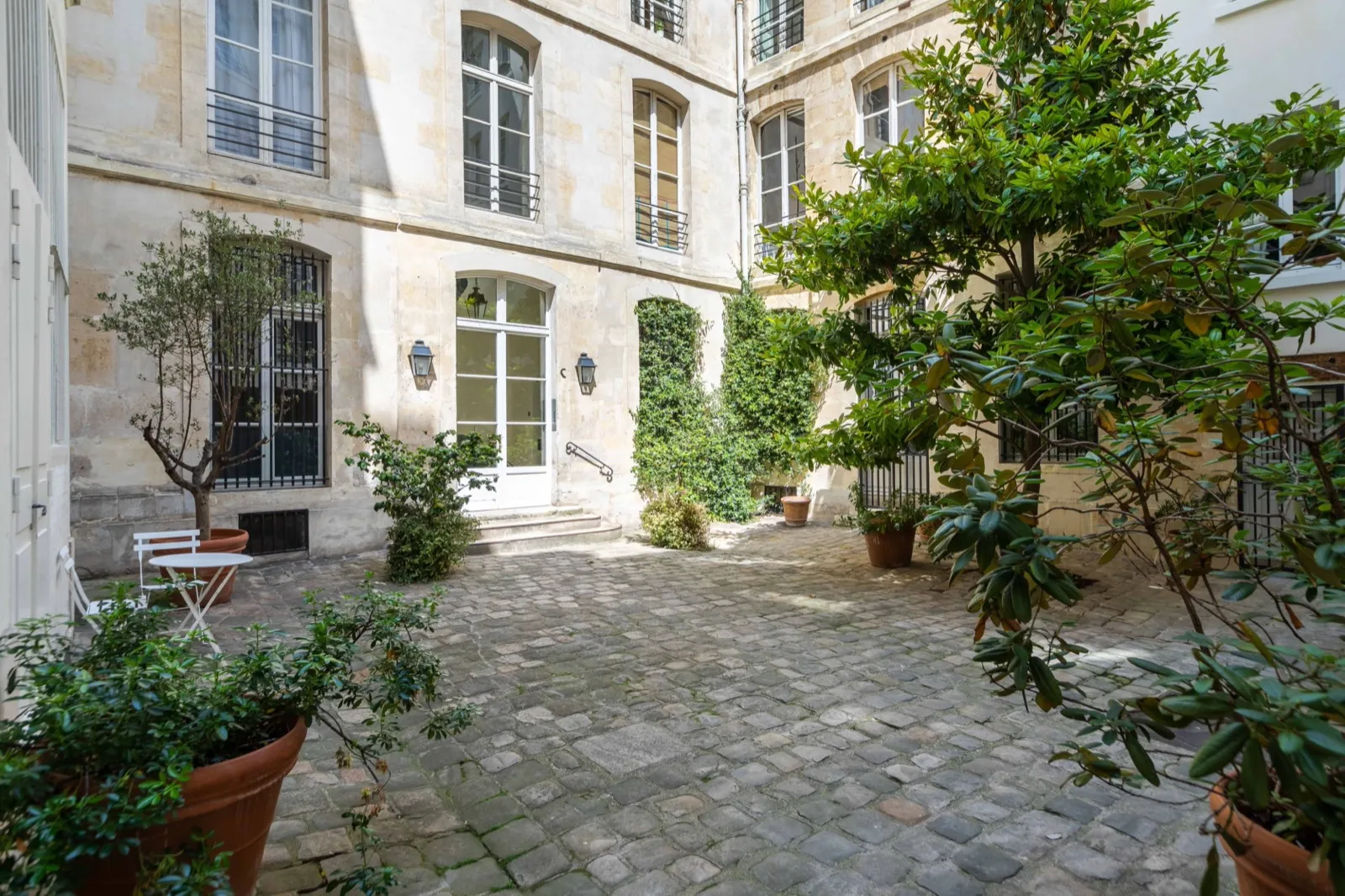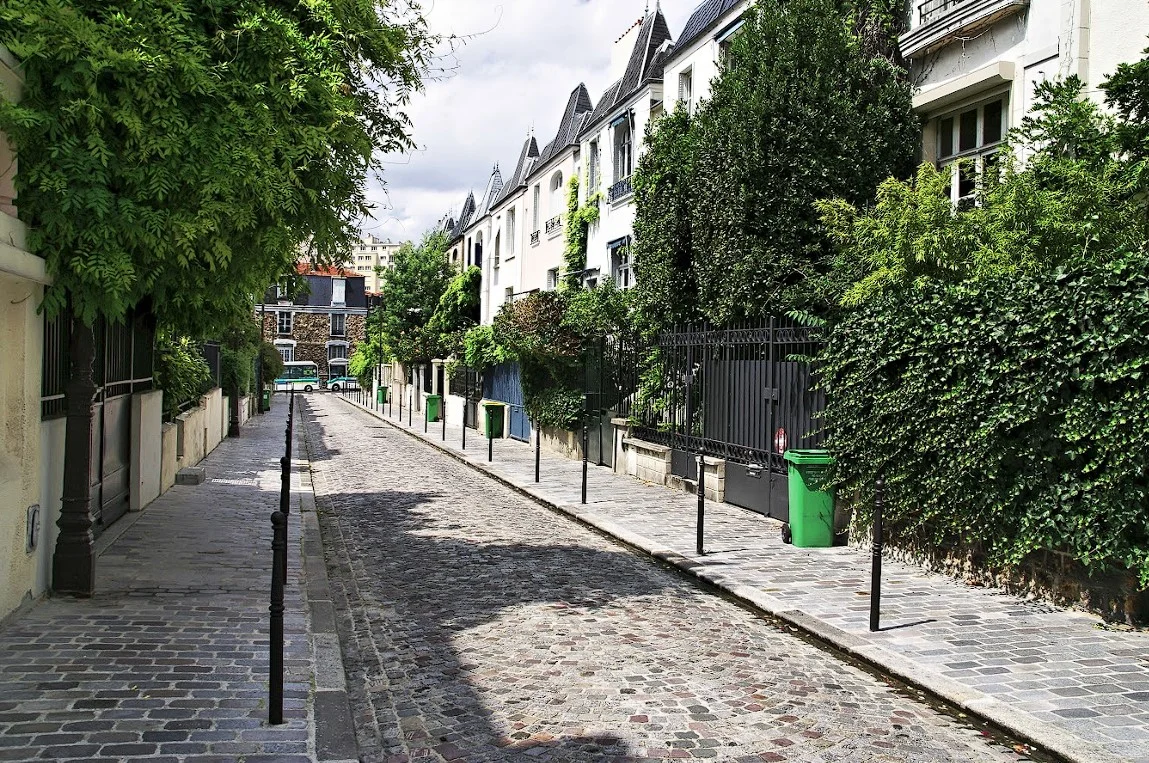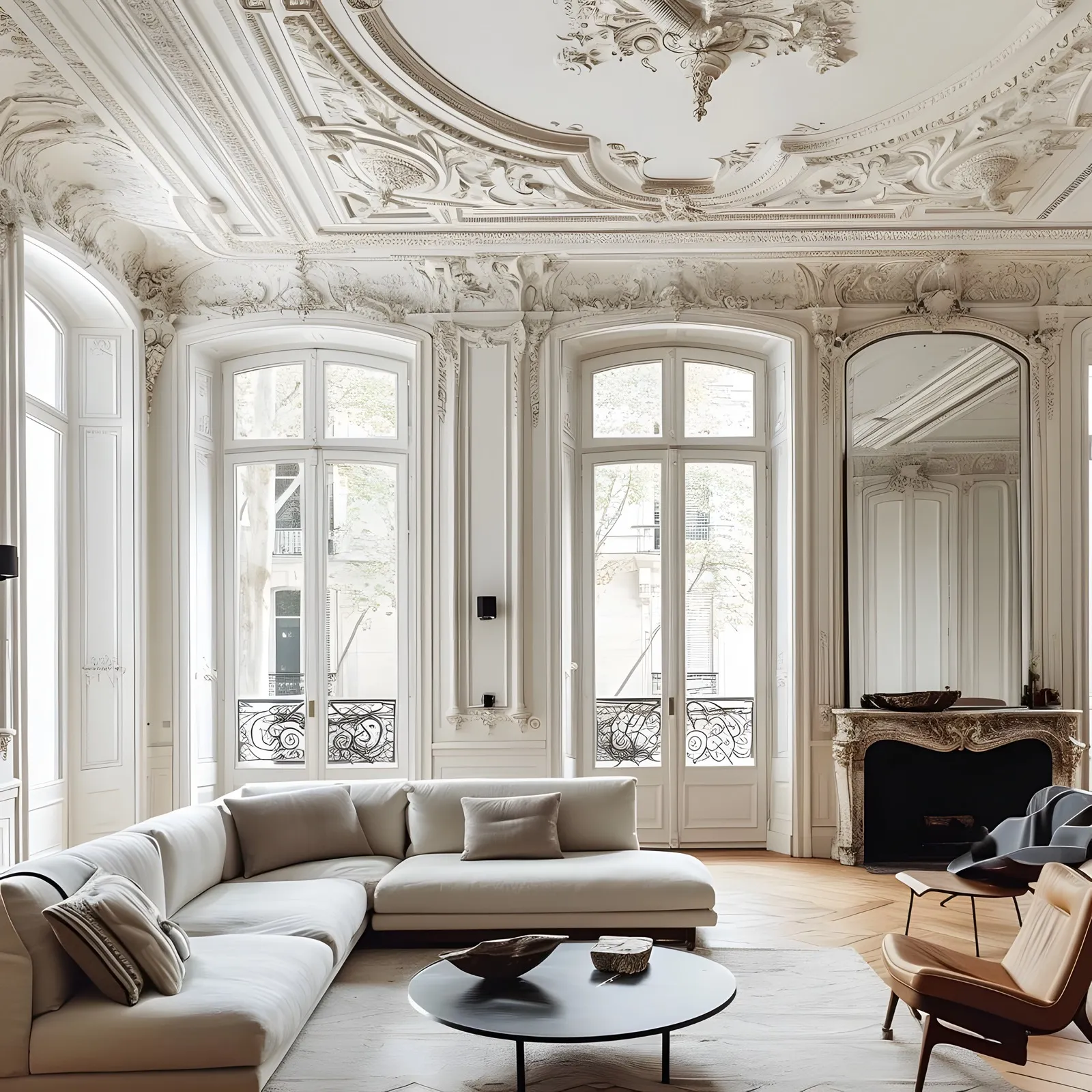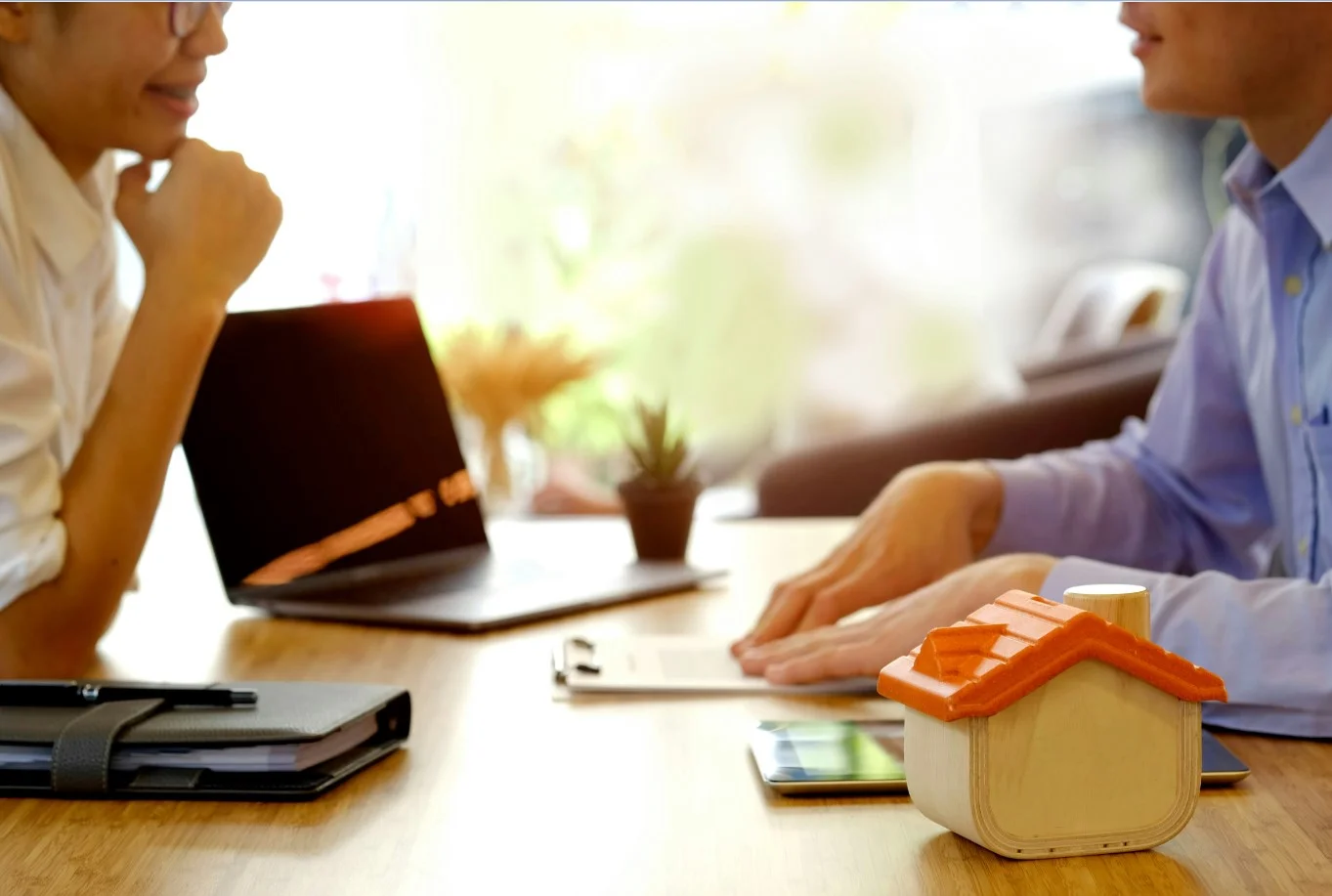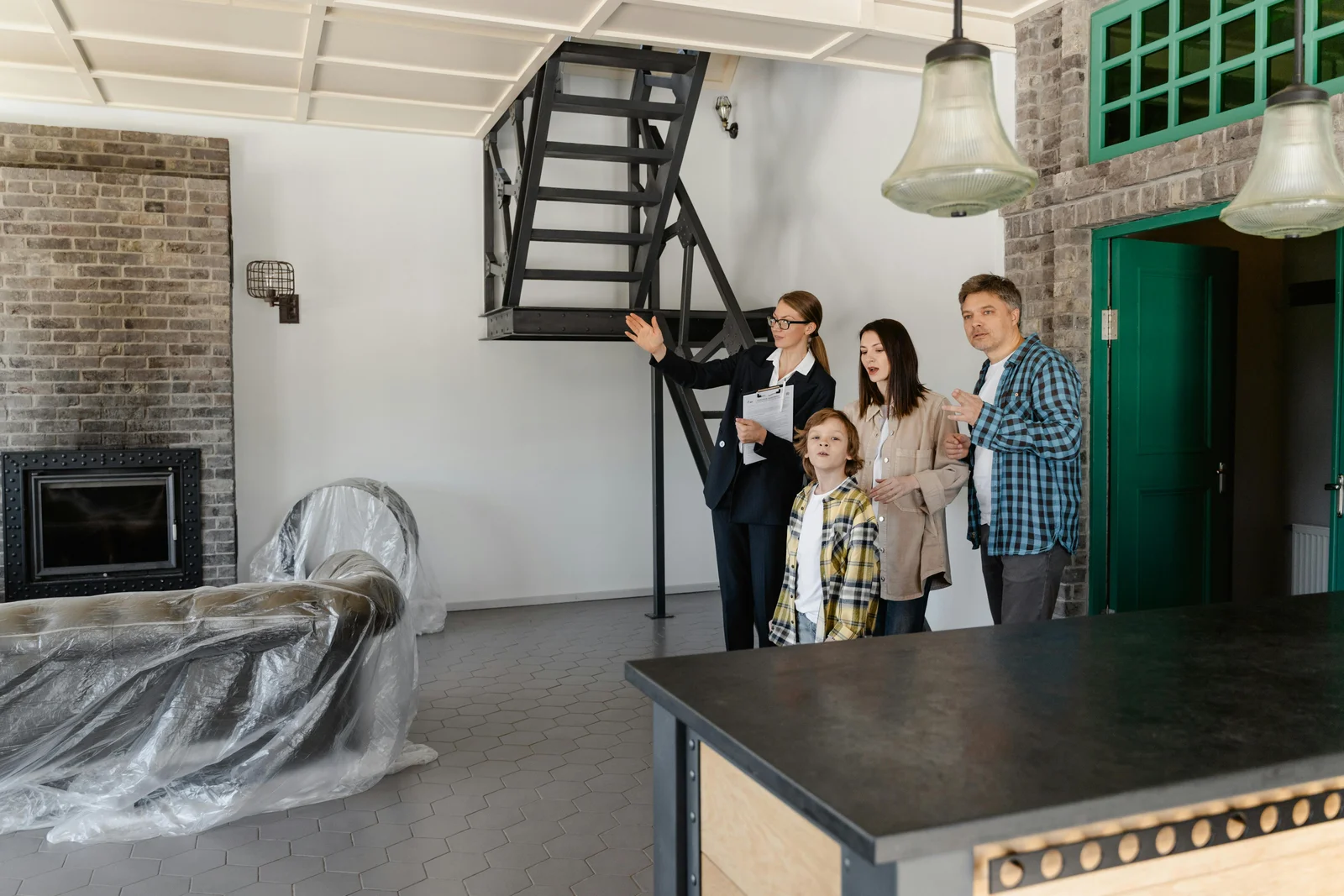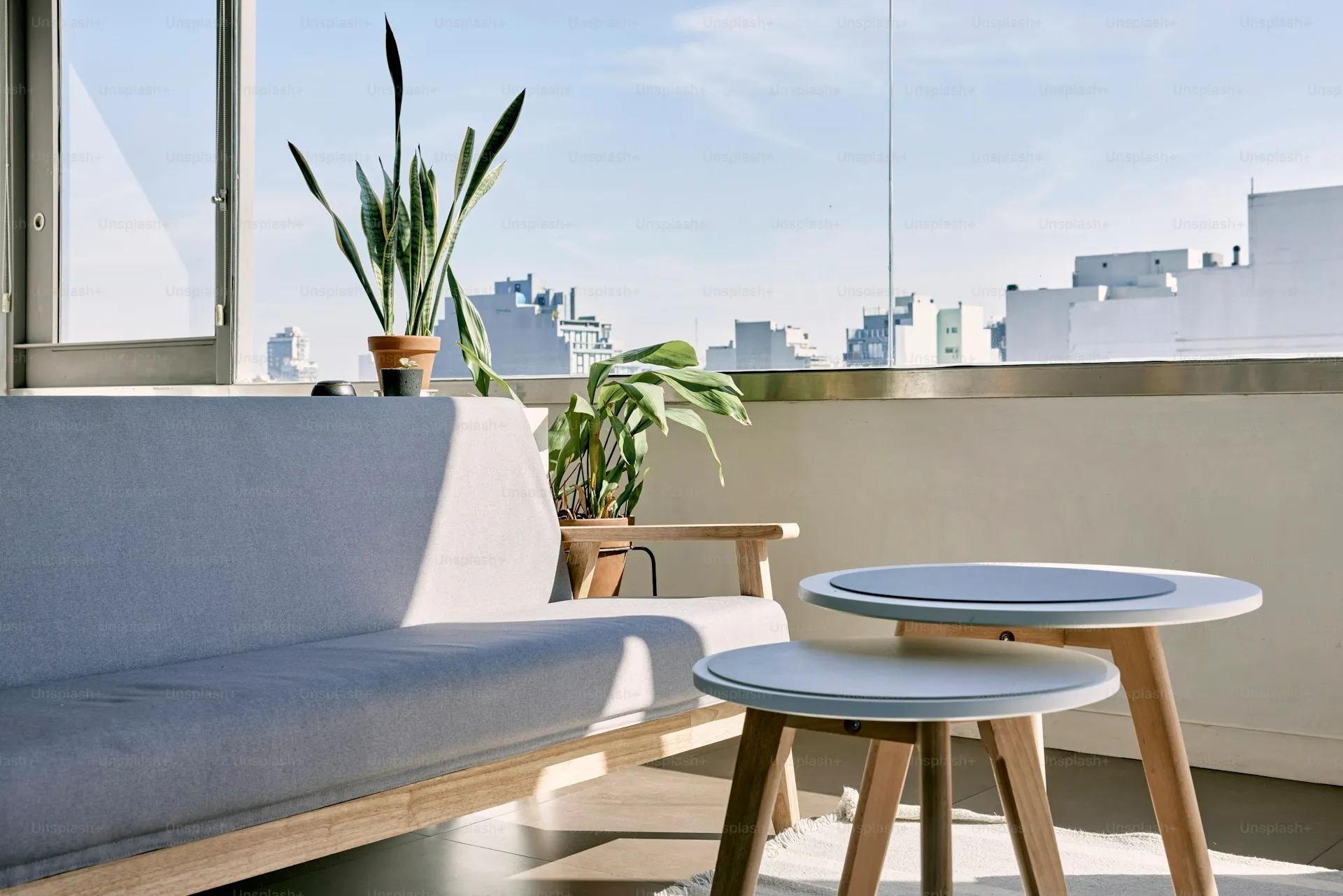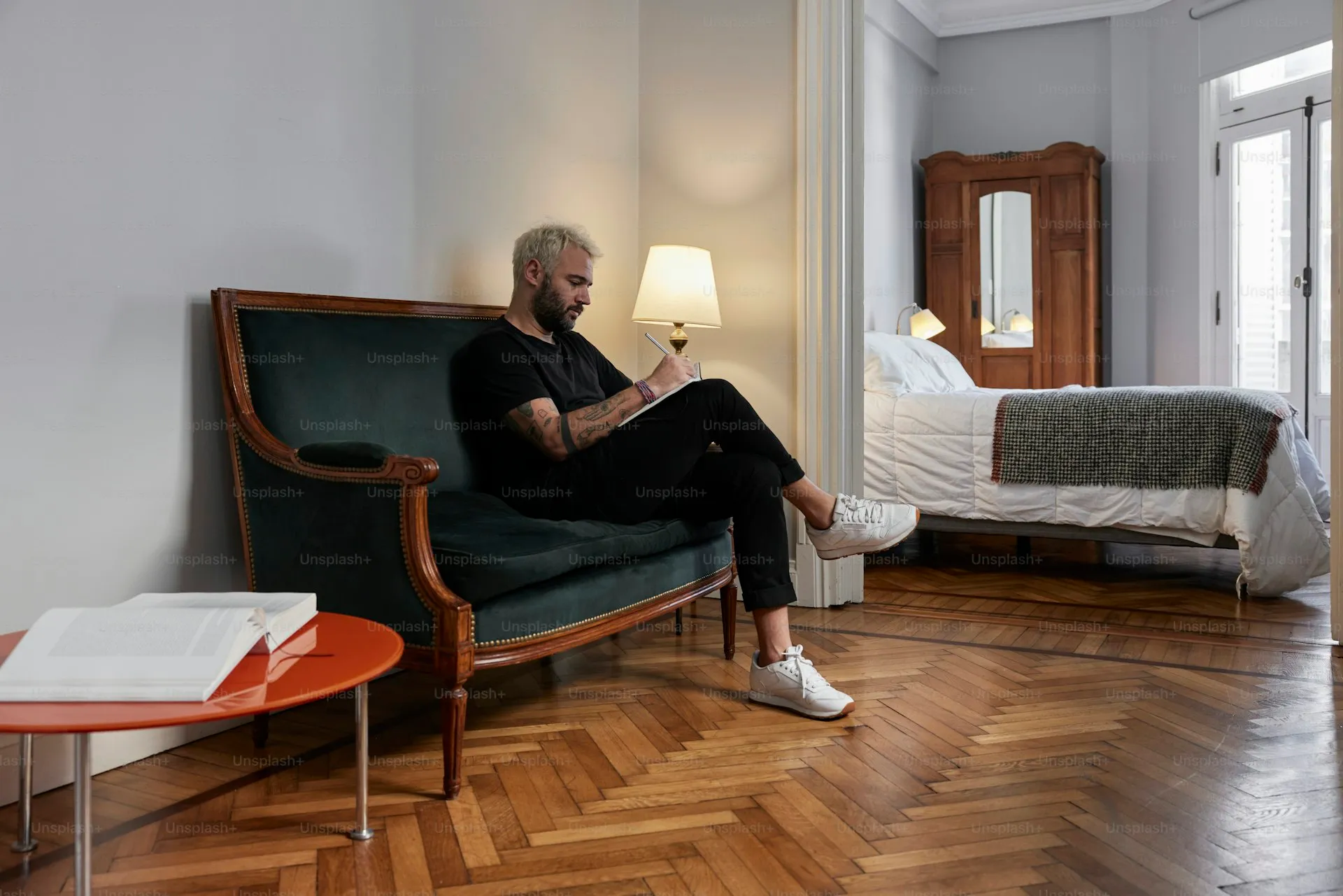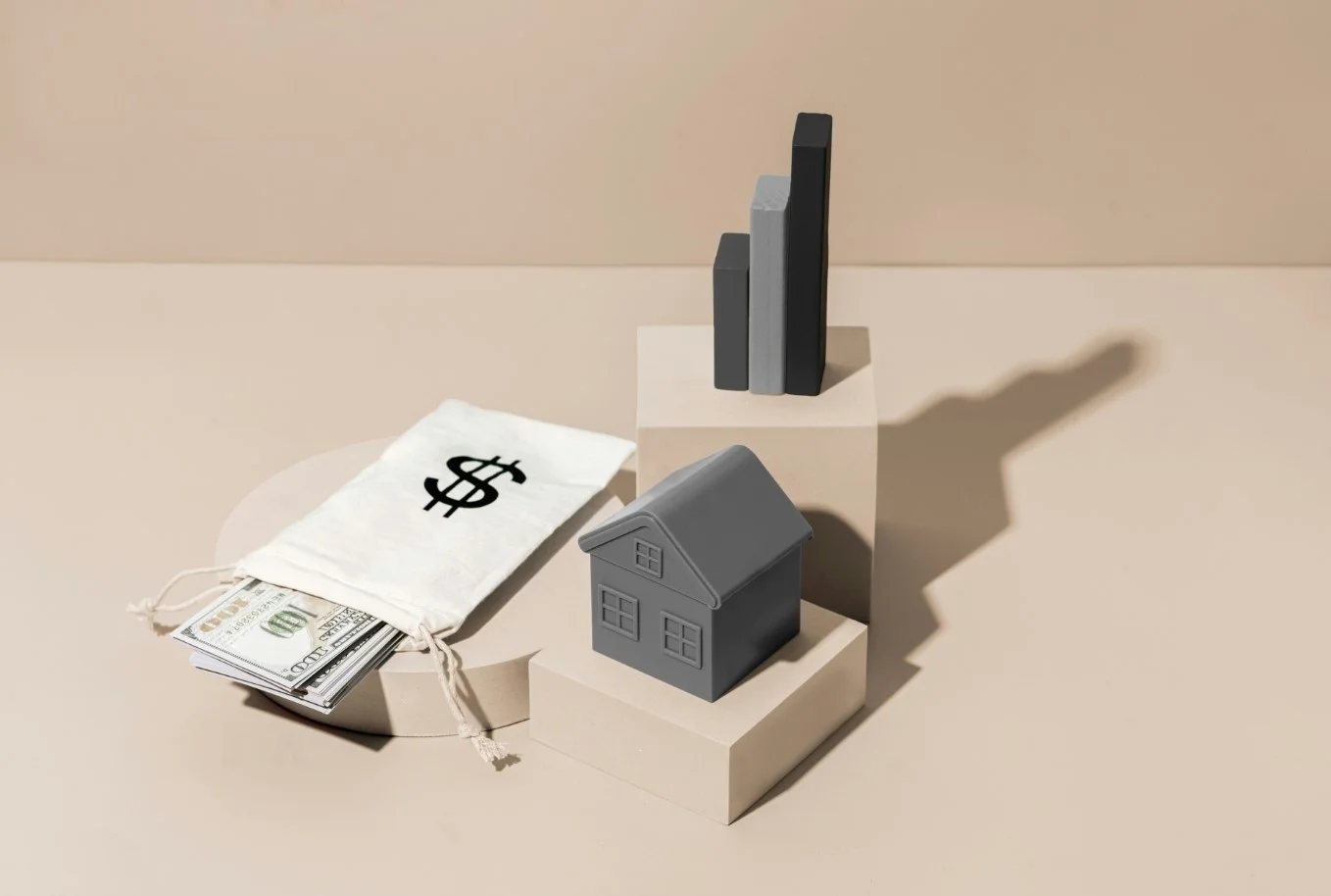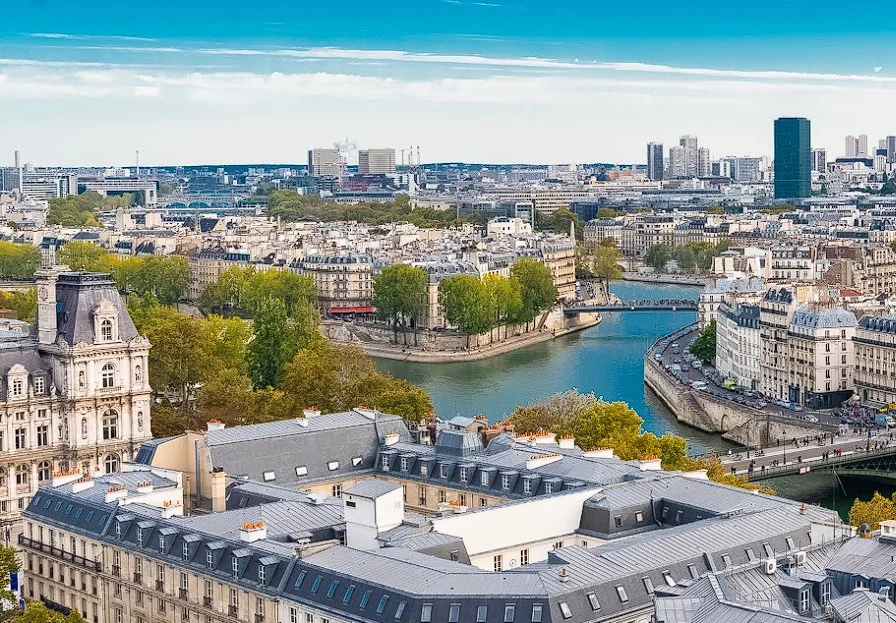Blog
Expert advice, analysis and guides for your property project in Paris
225 articles · 8 topics

Successful missions
Apartment hunting in Paris's 11th arrondissement: a family story
How property hunter Sophie Rivière helped a young family find a 105 sqm apartment near Square Gardette in Paris's 11th arrondissement.
· 8 min read
Buyer's Guide
26 articlesParis
12 articlesReal Estate Market
10 articlesProperty Hunter
11 articlesLifestyle
17 articlesInvestment
13 articlesExpats
12 articlesSuccessful missions
124 articles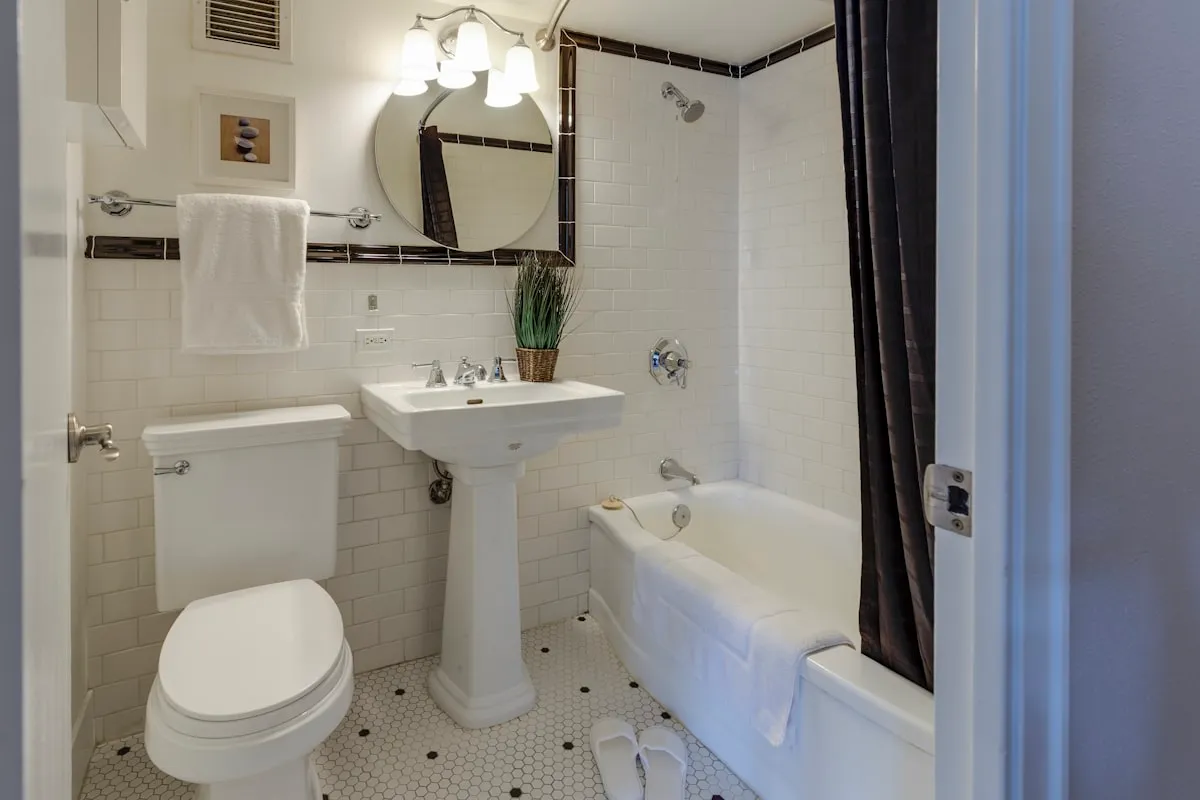
Urgent purchase after a quick sale: a 2-bedroom apartment secured in 18 days in the 10th

Single-parent family: a bright 3-bedroom found in Montmartre in the 18th
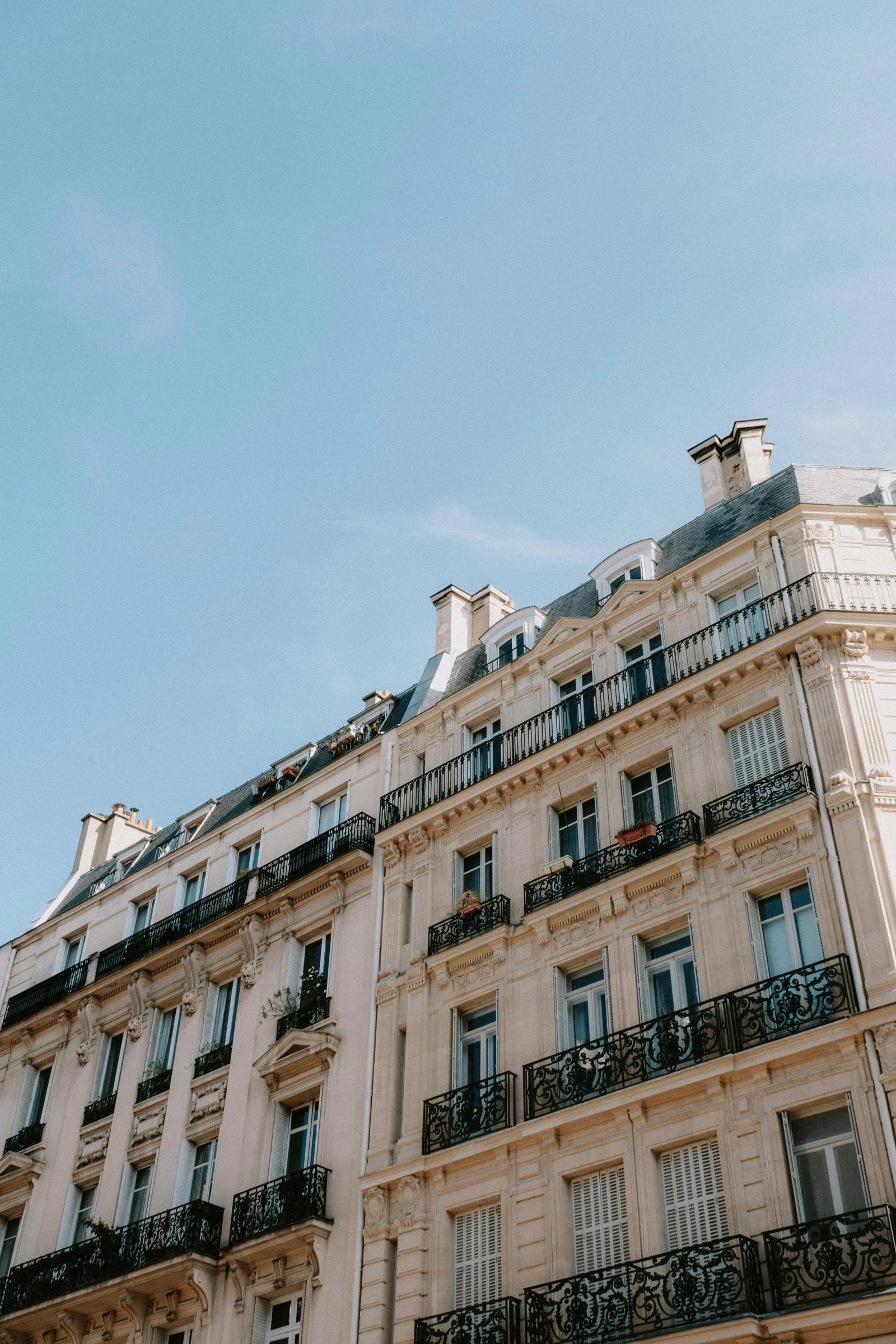
Rental investment: a profitable 22 sqm studio in the 17th arrondissement
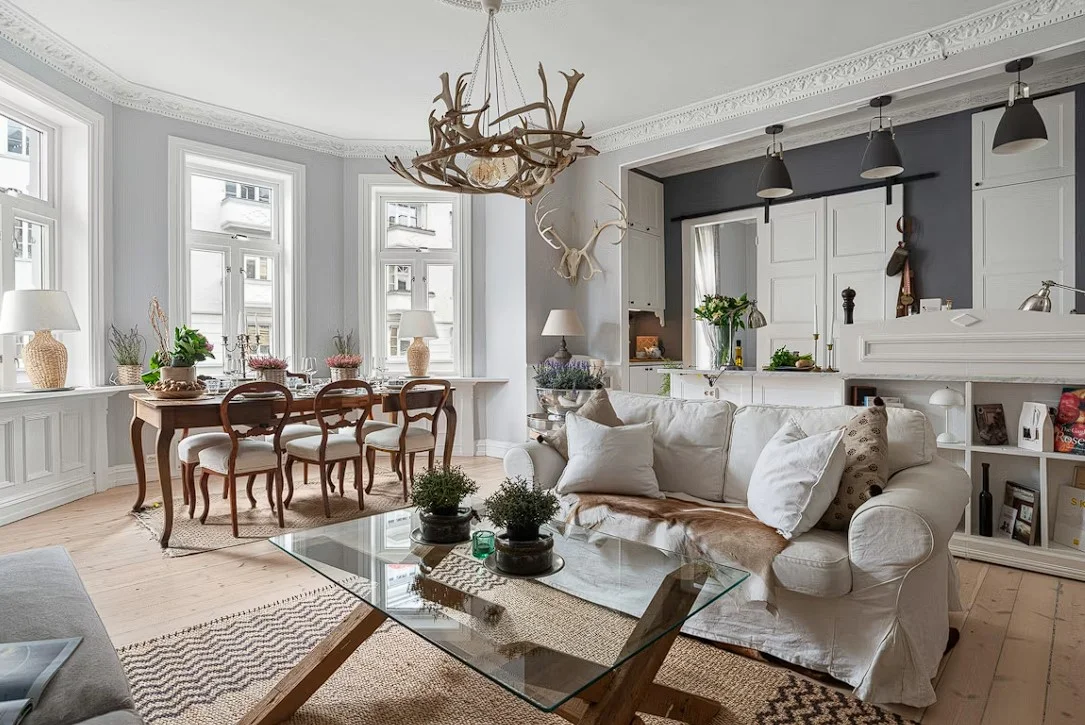
Young couple: a 3-bedroom flat with character found near Place Voltaire in the 11th
Latest articles

The Most Beautiful Performance Venues in Paris: 2026 Guide
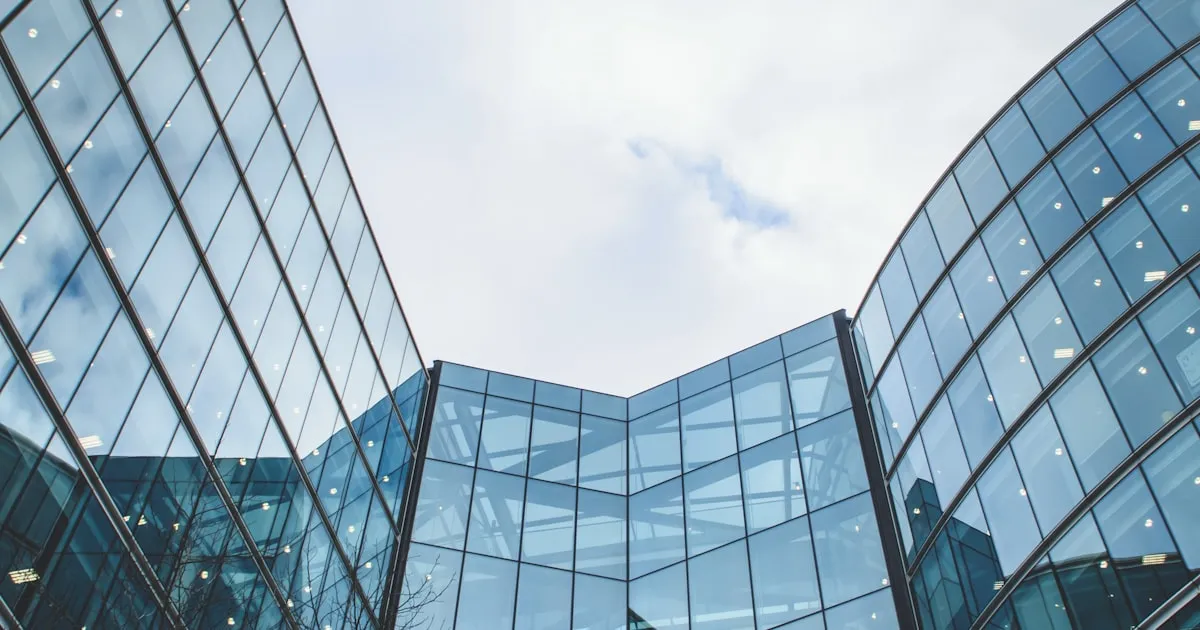
Buying a studio in Paris to rent out: the complete calculation
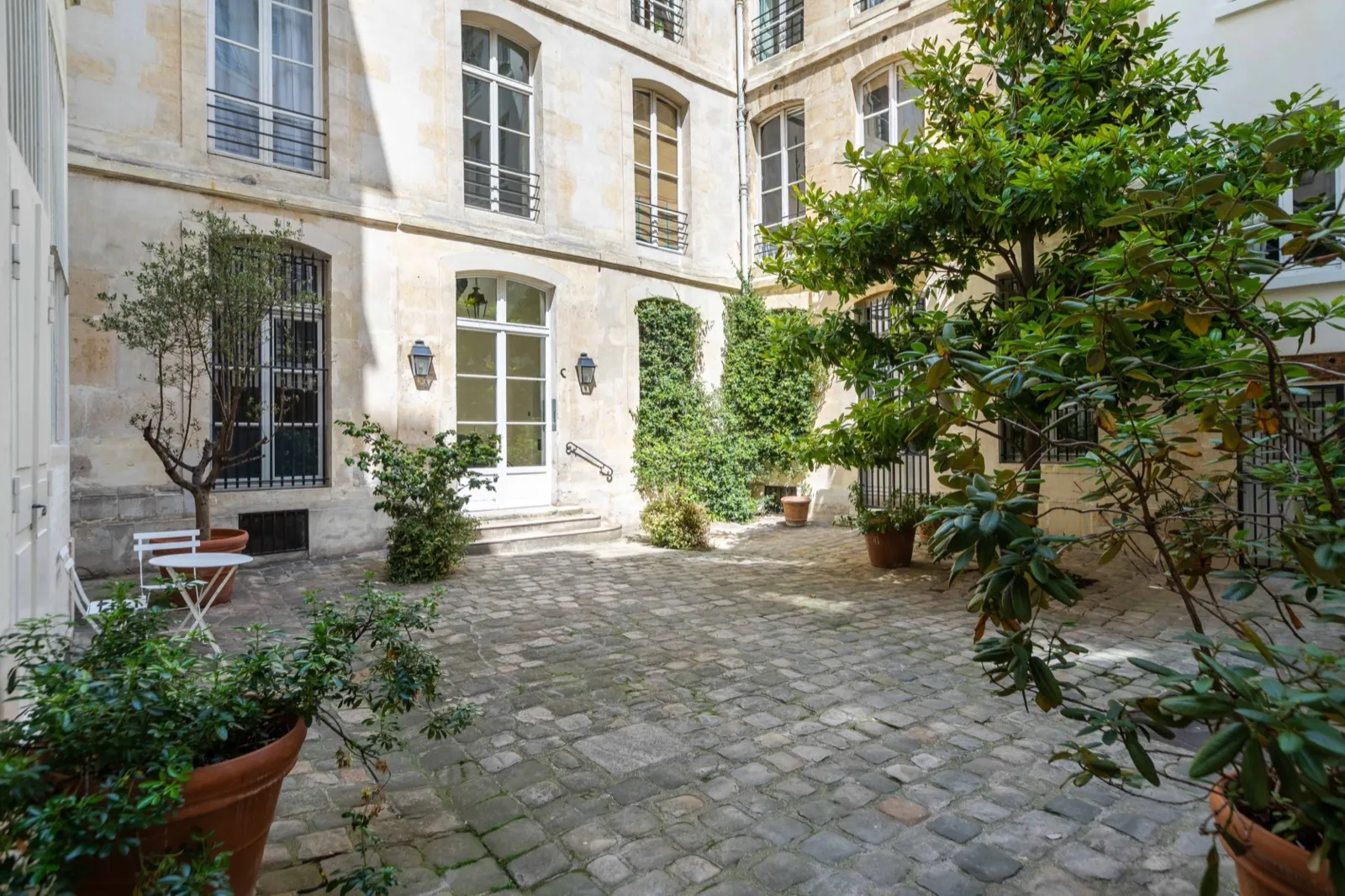
Buying in a Co-ownership in Paris: The Questions Nobody Asks (But Should)
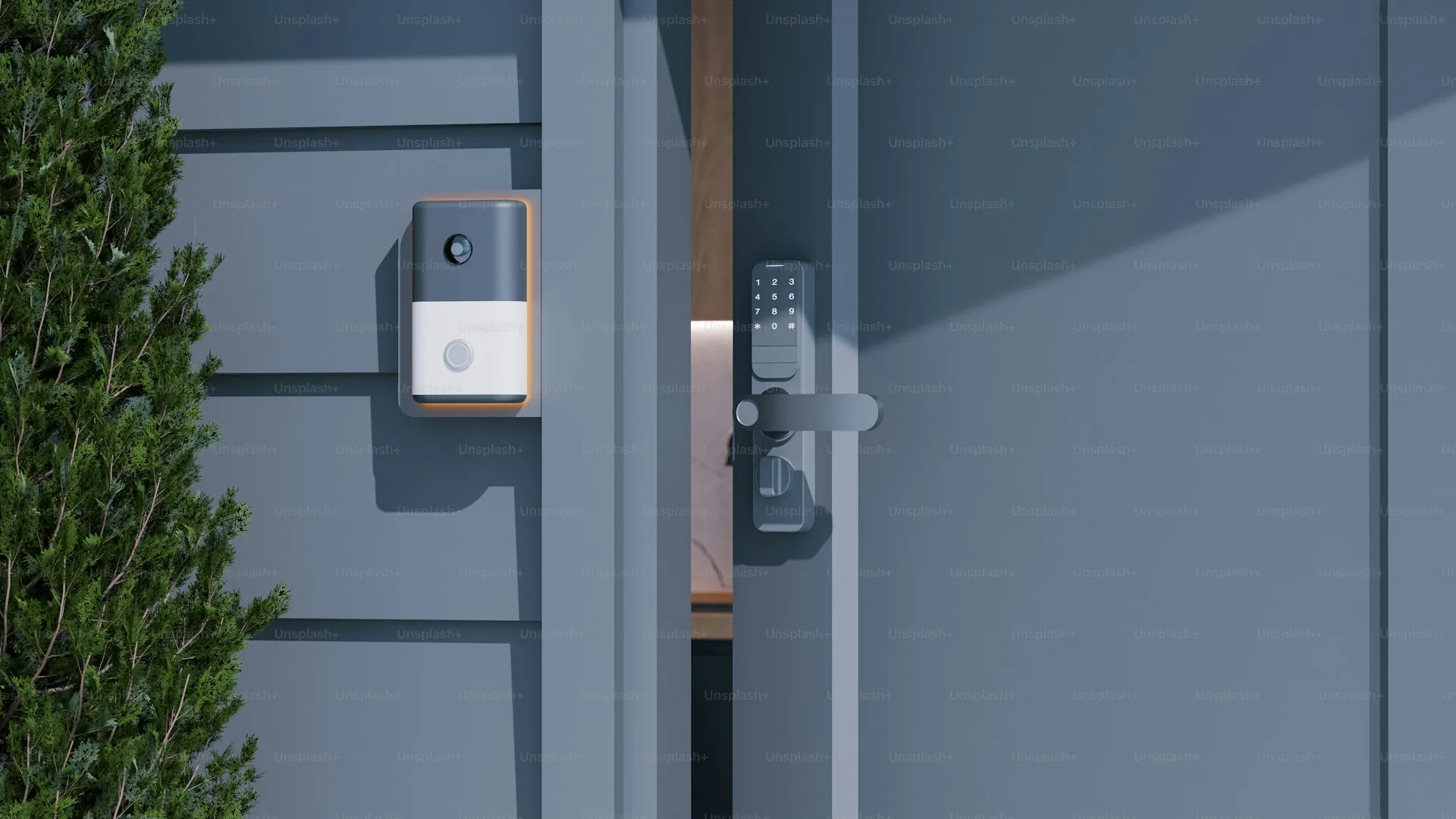
Early Key Handover: Risks and Precautions

The most beautiful views in Paris from an apartment




